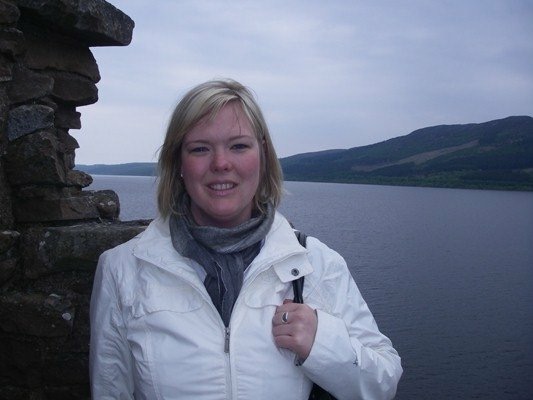
By
Candice Waddell-Henowitch and Deborah McPhail
March 2022
Print Version
What you need to know
Sexual violence is a broad definition for any sexual act unwanted by the victim, such as rape, attempted rape, stealthing, or unwanted touching. Sexual violence continues to be a pervasive issue, with over 25% of women experiencing sexual violence while attending post-secondary institutions (Lee & Wong, 2019). Complicating the issue, post-secondary institutions rarely implement policies against sexual violence that protect victims while also taking a proactive stance to create safer environments. This research project reflects on the retrospective experience of ten individuals that encountered sexual violence while in post-secondary educational institutions. The findings provide insight into three main topics: (1) the lasting impact of this form of violence, (2) how rape myths alter individuals’ own perceptions of their experiences, and (3) the messages needed to aid in recovery.
Why this research is important
The connection between individuals experiencing sexual violence and future ongoing mental health and wellness difficulties is well documented in the literature. Determining how victims/survivors of sexual violence survive, heal, and cope through the trauma provides valuable information on how others can support those that disclose this type of violence. It is vital that appropriate policies, prevention programs, and messaging are in place for post-secondary students in line with what victims/survivors of sexual violence need.
How this research was conducted
Trauma-informed qualitative research with a feminist perspective was adopted to explore the retrospective experience of individuals who had an incident of sexual violence during their post-secondary education and graduated from a Manitoba institution between 1990 and 2010. Ten individuals with various educational backgrounds, ages, and sexual identities participated in the research. We chose a semi-structured interview style to ask participants about their current lives and relationships, the impact of sexual violence on their lives, what helped them cope, their process of disclosure, and any suggestions they had for how others who experience sexual violence can heal. Participants were given the opportunity to validate their responses and the final themes through member checking.
What the researchers found
The victims/survivors in this research project emphasized that finding ways to talk about the experience, being in control of their own recovery, understanding their worth, and getting through the self-blame and grief were all crucial in their personal recovery. The lasting impact of the violence included feelings of powerlessness; an internal struggle with self-blame, shame, and invisible pain; forging new relationships; and the lasting trauma of loss, triggers, and ongoing safety concerns. They also discussed that naming and validating their own experiences of sexual violence was difficult with the rape myths and misogynistic thinking that was prominent at the time of their experiences. Additionally, many of the victims/survivors chose not to disclose to anyone, and none of them disclosed to the post-secondary institution they were attending at the time of the violence. The process of recovery was not linear for the victims/survivors, and they emphasized that they often grappled with whom to trust with their stories.
How this research can be used
Finding ways to talk about the violence was the most important suggestion our participants could offer. Thus, allowing spaces where individuals feel they can talk about it is imperative. Considering that 25 % of female students experience sexual violence while in post -secondary educational settings, there is a need to ensure that these environments empower victims/survivors to trust that they can disclose (Lee & Wong, 2019). Post-secondary institutions need to provide environments that counter negative messaging around sexual violence, promote prevention and provide environments that facilitate recovery through policies and programs. Maintaining the status quo is no longer an option—establishing that post-secondary institutions are safe and free of sexual violence needs to be a priority for the coming years for the safety of all students.
Acknowledgements
The authors would like to thank the ten participants of this research project. Sharing your experiences of sexual violence is difficult, and we feel honoured that you chose to share them with us. This research was part of the first author’s PhD dissertation— sincere thanks to the committee for your ongoing support of this project, Dr. Christine Kelly, Dr. Shawna Ferris, and the late Dr. Benita Cohen.
About the Researchers
Keywords
- healing
- recovery
- retrospective experience
- sexual violence
- trauma-informed research methods
Editor: Christiane Ramsey
Read more BU Research
Research at Brandon University follows comprehensive policies designed to safeguard ethics, to ensure academic integrity, to protect human and animal welfare and to prevent conflicts of interest.

